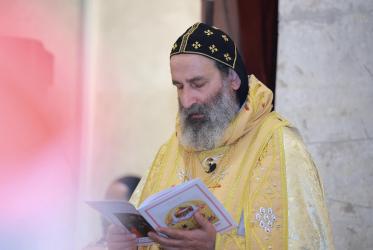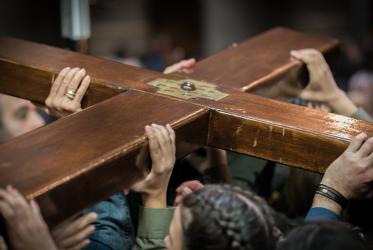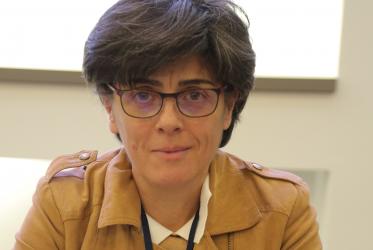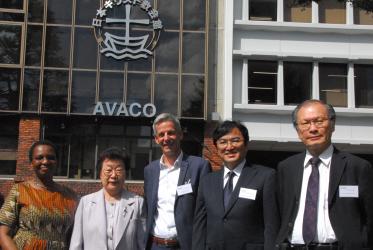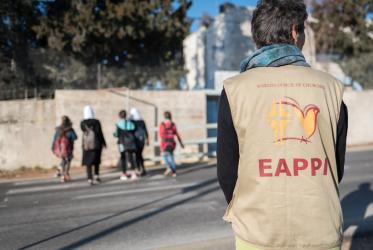Displaying 1 - 20 of 106
WCC honoured with Geneva Engage Award
01 February 2022
Hope prevails in times of crisis in Lebanon
14 September 2020
South Sudan Church leaders welcome new cabinet
15 March 2020
In Japan, theologians reflect on today’s global manifestations of racism
18 September 2019
Dr Saïd Ailabouni: God is on the side of rejected, oppressed, occupied
12 September 2019
A passionate Korean feminist and ecumenist
21 August 2019
Religions for Peace assembly convenes in Lindau
19 August 2019





